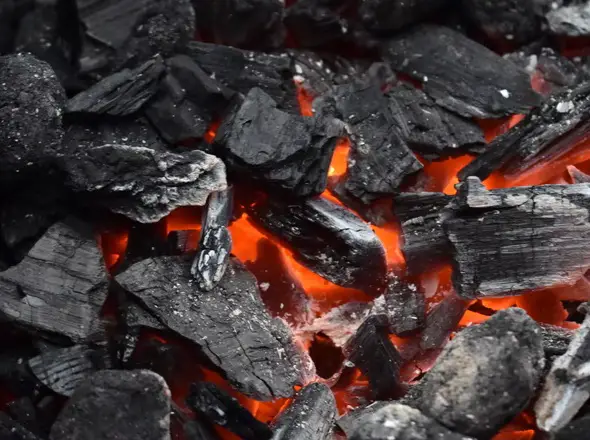On Sunday, Bloomberg reported that due to unseasonably warm weather triggering a surge in demand for electricity usage in China, Asian imports of Russian energy products used for electricity generation have spiked in recent weeks, as seen in ship-tracking data from Kpler.
In April, coal imports to Asia rose to 7.46 million tons, almost a third more than during the same period in 2022. Fuel oil deliveries also surged to the highest on record for both April and March. Both fuels are most often consumed by power grids.
The largest purchasers of Russian energy last month were China and India. Energy imports from Russia increased in both nations last year, as Russia heavily discounted their energy products in search of new markets following the shunning of Russian energy in the West and multiple packages of sanctions placed on Russia following its military actions in Ukraine.
Russian coal has also found significant buyers in South Korea, Vietnam, Malaysia, and Sri Lanka, as its fuel oil has increasingly been in demand in Saudi Arabia and the UAE.
Analysts predict that Russia’s Asian deliveries will increase further in the next few weeks, due to an emergence of El Nino, a weather pattern which may lead to droughts in the region. A new study in the journal Science published this week finds this year’s El Nino will form between May and July, and it is likely to be unusually strong.
John Driscoll, head of JTD Energy Services Pte in Singapore notes that the increasing demand in Asia for Russian energy is evidence that as the global economy threatens to decline, nations are beginning to prioritize their own energy security over political concerns.
In an interview with Bloomberg Driscoll said, “The worst place to be right now amid these searing temperatures is South Asia, especially poorer nations like Pakistan or Bangladesh. When you can’t even take care of your people’s basic needs, it’s very hard to care too much about international affairs… [They] are asking themselves: would I rather risk falling afoul of the US or forgo steep discounts on energy? When there’s a good deal on the table, how can poorer nations afford to say no?”

